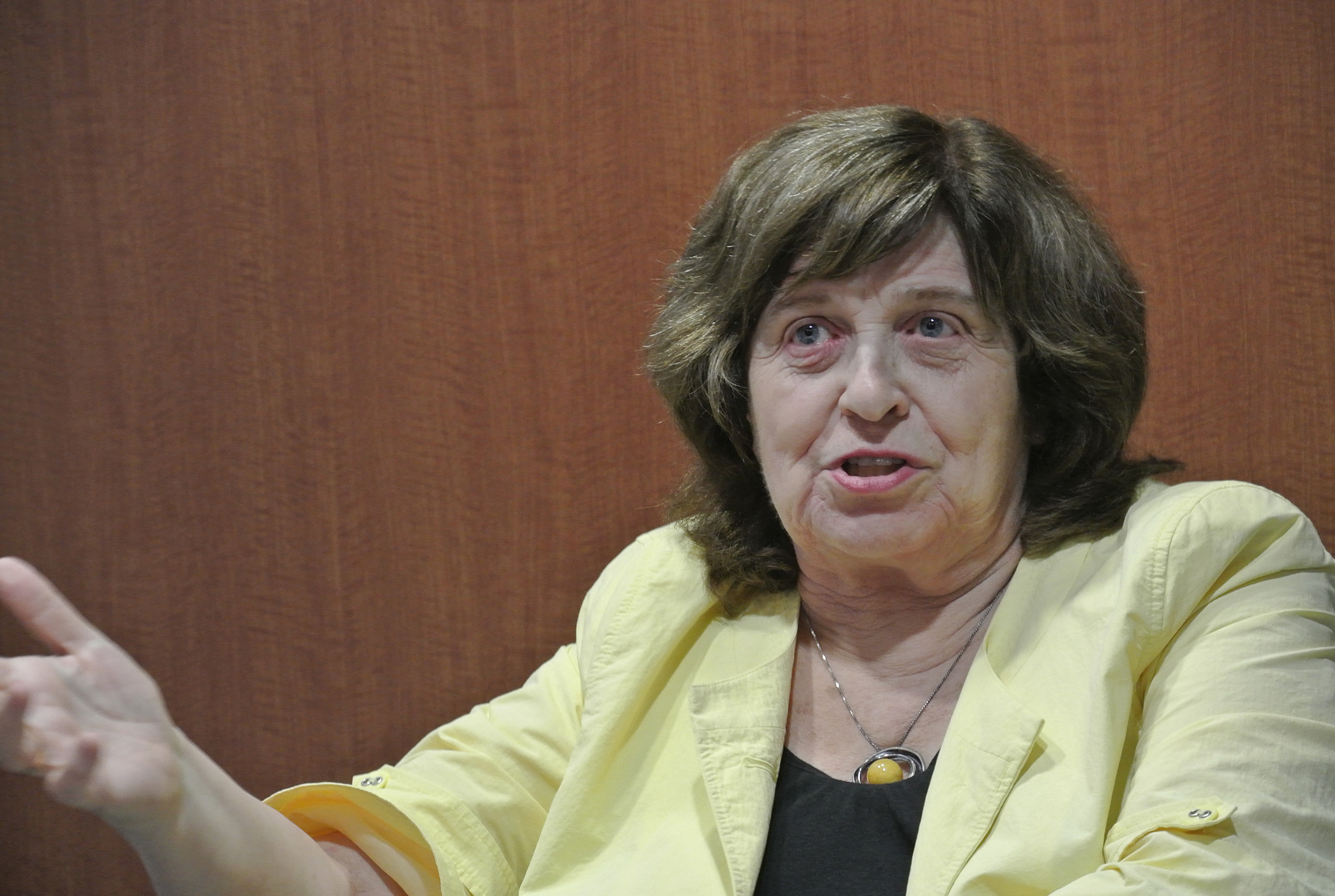NEWS
2023.09.15
Interview : Dina Yoffe vol.2

On June 13th, Dina Yoffe performed at the Kawai Concert 2023, and after the concert I was able to ask her to give me her thoughts about the program. I also explored with her the state of international piano competitions in recent times from the perspective of both jury members and teachers, as well as her views on up-and-coming pianists in Japan.
Interview, text and translation: Nanako Takeda (Music Journalist)
▼Click the link below for a digest video of her recital held in Hyogo, Japan.
https://www.youtube.com/watch?v=u3E139mD-8k
▼First half of the interview
Challenges When Judging Musicians:
The question of whether art can be scored is something that I have also pondered because it’s quite challenging to assign numerical scores to art, and it isn’t always a comfortable task for the jury.
For example, if there’s a contestant who gave an outstanding performance, I might think: ‘This contestant deserves 25 points!’ while the jury member sitting next to me might only give him 17 points. However, after discussing this we might agree that the performance was excellent. For this juror giving 17 points could be considered high. But this is the disadvantage of using a numerical system.
When evaluating contestants, I’m more interested in their potential rather than whether their performance was flawless because as humans, we all make mistakes. As juries, I believe we should assess contestants while putting ourselves in their shoes. It’s far easier for juries because performing is a much more challenging task!
So I think about how I can help provide opportunities for the contestants because our job is to support them in ways that will benefit them in the future. While some juries might seek a performance without any mistakes, I believe it’s more important to empathize with the contestants’ lives. For instance, regarding the situation in Ukraine right now, some people might feel distant from what’s happening, but as a human being I imagine the feelings of those enduring such a terribly harsh life. And the same applies to competitions: People involved in the arts should be empathetic because without empathy, art wouldn’t exist!
Encouragement for Future Japanese Pianists:
My first visit to Japan was in 1979. I performed in the best concert halls, such as NHK Hall, Tokyo Bunka Kaikan, the Tokyo Metropolitan Festival Hall and many others. The audience welcomed me warmly with big enthusiasm.
I feel that Japan’s classical music environment has extremely growing.
Regarding music education — not just competitions but also master classes organized by the Kawai Music Foundation — provide important learning opportunities as well as support for young people, and they are truly wonderful.
I’d like to share with you my impression of the previous Chopin Competition because I believe that the most unique and interesting performances came from the Japanese contestants. Each of them had their own individuality and characteristics, and there were no players who simply focused on only technical prowess. In the past people may have said that Japanese contestants were technically skilled but lacked imagination. However, I don’t believe that this is the case anymore. If there are still lingering insecurities among Japanese performers, I urge them to let go of such thoughts.
What is Essential for Aspiring Young Pianists?
Of course practice is crucial, but maintaining a balance between school and other aspects of life in addition to the piano is equally important. I want to tell children and their parents that ‘the piano isn’t everything in life.’ It’s essential to be close to nature and spend time with friends because those moments are equally valuable. Lately there seems to be excessive pressure on young children to become ‘champions’ in subjects like maths or ballet. However, parents should not decide their children’s lives, so don’t forget to allow them to have a normal life. If a child has always been told: ‘You must be No.1!’ and then fails to pass the preliminary round of a competition at around age 18, they might feel that their life has ended, but this should never happen. Life doesn’t end there!
Continuing with the piano is not easy. I believe that the key to staying on this path is the student’s feeling that ‘I love playing the piano!’ And the student should believe that ‘If I put in my best effort and energy into this, something good will come back to me.’ Therefore, instilling such an attitude and philosophy in children is vital.

Official media of Dina Yoffe
Website : https://www.dinayoffe.com/
Facebook: https://www.facebook.com/people/Dina-Yoffe-pianist/100064690115875/

